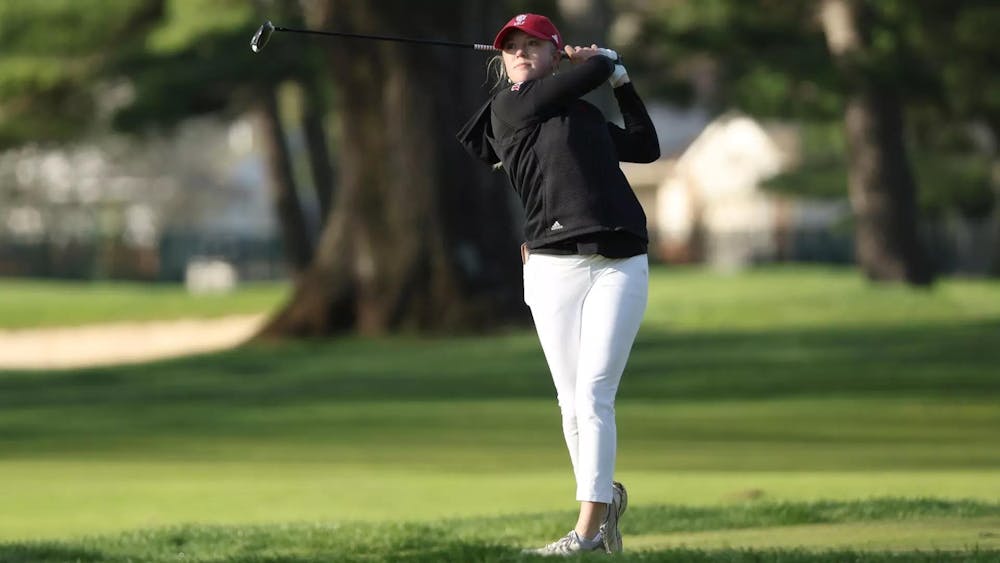When faced with an instance of discrimination, parts of the student population, faculty and staff do not know where to turn to if this undesired situation arises. For more than 25 years, IU has provided groups called Incident Teams to help in these sensitive ?situations.
All situations of discrimination should not be considered appropriate anywhere on IU’s campus, according to the Incident Teams’ mission.
“It was an outgrowth of students feeling like the campus wasn’t as welcome to them based on their status on campus,” said Sara Ivey Lucas, assistant dean for Parent and Off-Campus Student Affairs and member of the Gender Incidents Team.
Under the Dean of Students, Incident Teams assist and support all students, staff and faculty members of IU to resolve incidents of discrimination based on race, ethnicity, nationality, gender, disability or sexual orientation.
Lucas started her volunteer involvement in the Incident Teams when working in the Collins Living Learning Center and witnessing acts of gender harassment between students.
A retreat takes place in the beginning of every school year, bringing together all the teams to discuss possible publicity and marketing techniques directed at residence advisers and students in leadership positions throughout campus. Letters are also sent to faculty members, deans of the colleges and a select amount of graduate students in attempts to promote the teams’ services.
“We know also on a regular basis that what we hear from students in terms of how we receive reports shows that they come to us by a very odd circle and set of circumstances,” ?Lucas said.
Residential Programs and Services staff, working with the biggest concentrated group of students on campus, files the most reports received by ?the teams.
In order to file an incident report, a student can submit a form either on the IU mobile app or to incident@indiana.edu. Once the report is submitted, it is up to the specific team whether to respond to the student. A response is dependent on the repetition of the incident and the reaction of the student in the report.
Students can choose to be completely anonymous when filing a report. If he or she chooses to stay anonymous, however, the file will be included in data collection, but no action can be taken toward that specific incident.
Examples of reports include vandalized pieces of campus, incidents of yelling hateful statements on the street and religious discrimination against the observance of holidays that interfere with syllabi, among others.
“The teams are a very victim-driven process,” Lucas said. “We try to understand what the student who reported it is feeling and see what they would like to see ?happen.”
One example of a case that has been reported often is negative reactions to the Benton murals displayed in Woodburn Hall. The panel highlights the role and influence of the Ku Klux Klan in state politics during the early 1890s. It is a highly controversial piece that has sparked backlash since its installation in 1941.
It was an outgrowth of two or three years of students saying they weren’t comfortable in that environment, ?Lucas said.
Teams are comprised of both staff and faculty who have expertise in diversity issues and conflict resolution. Since 1988, the teams have been part of IU’s commitment to ending discrimination on campus.
According to their missions, the Incident Teams respond to incidents of bias discrimination with compassion and respect toward all, to affirm the dignity and worth of each person who reports an incident, educate offenders with hope that they take responsibility for their actions, seek resolution with negatively impacted individuals and alter their future behavior, and create an environment of respect and tolerance throughout campus so that every Hoosier can live and learn without fear.
The teams include Disability Incidents; Gay, Lesbian, Bisexual and Transgender Anti-Harassment Incidents; Gender Incidents and Racial and Religious Bias Incidents.
The teams have formal support from various departments and cultural centers on campus including First Year Experience, La Casa Latino Cultural Center, Neal-Marshall Black Culture Center and the Office of Diversity Education, among others.
“The ultimate goal of the entire University, especially the Teams, is to not have Bloomington and IU have the negative impact and not feel comfortable as a part of that community,” Lucas said.“Their academic success is always important.”





